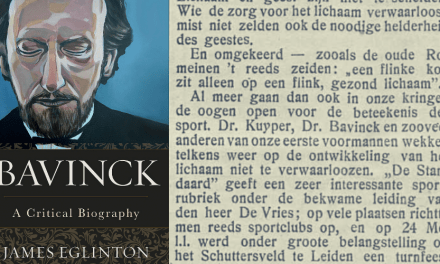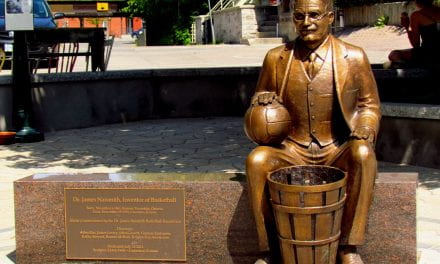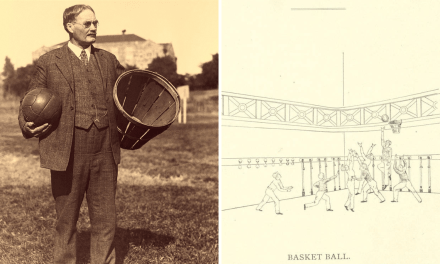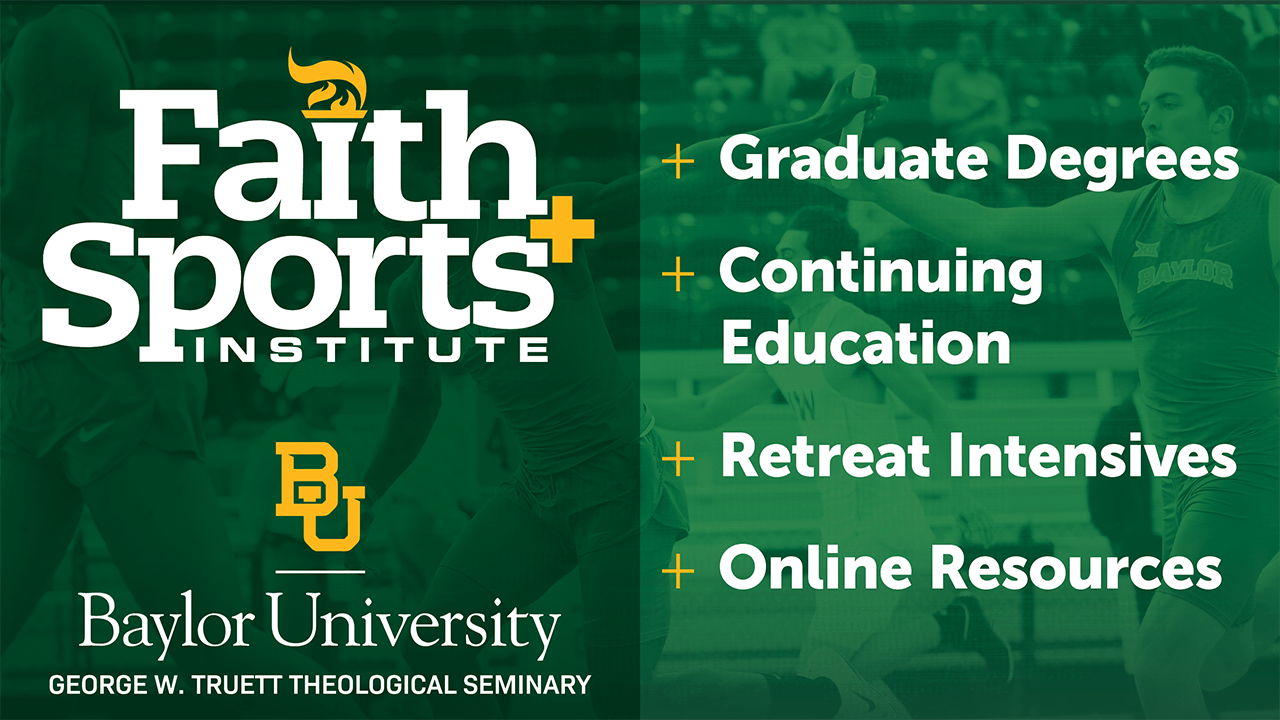On a recent episode of “The Mission of Truth” podcast, pastor and author Charlie Dates joined Christian athlete hosts Nick Foles and Chris Maragos for a conversation about race, justice, and Christianity in the United States. Dates made a number of important points in the conversation, but one of his central ideas was this: White American Christians have a moral imperative to look unflinchingly at the past. If we want racial reconciliation, Dates argued, we must first have a reckoning with “the truth of the American narrative.”
“The reason we talk about history is because it affects today,” Dates said. “Without a renewing of the mind, we’re going to carry on the systemic unjust thinking of all of the years of American history into the present and into our church cultures.”
Only by understanding the reality of America’s racist past can we understand and repent of our racist present.
For white Christians who want to do this reckoning, there are plenty of resources. You might start by reading Jemar Tisby’s The Color of Compromise: The Truth about the American Church’s Complicity in Racism. But for white Christians who are involved in athletics, I think we have another aspect of the past with which we need to reckon: the history of American sports.
This may not seem necessary at first. After all, many Americans tend to think of sports as a uniquely diverse space where interracial teams work together for common goals. It’s in part because of the long-standing link between sports, racial diversity, and American identity that hundreds of teams and leagues felt compelled this week to issue statements opposing racism and speaking out against George Floyd’s murder.
Yet, even if there are plenty of inspiring stories of interracial cooperation in sports, the sports world is not immune to racism. It has been shaped by racist ideas and practices, both in the past and in the present. If white Christians involved in athletics desire true and full racial reconciliation—in our churches and communities and also in our sports teams and organizations—we should follow Charlie Dates’ suggestion. We should have a serious reckoning with the history of American sports.
If you want to get started doing that work, here are a few resources to consider.
1 – #Twitterstorians (historians who are active on social media)
◊ Louis Moore and Derrick White of The Black Athlete Podcast
Moore and White host one of the best podcasts out there on history, race, and sports. They are especially adept at taking current issues and controversies in sports and providing historical context to help us see the way the past informs the present. Browse through past episodes and you’ll find discussions of Black quarterbacks and coaches, World War II, white allies, and much more.
Along with subscribing to the podcast and following them on Twitter, you can also read their books. Check out Louis Moore’s We Will Win The Day: The Civil Rights Movement, the Black Athlete, and the Quest for Equality. And also check out Derrick White’s Blood, Sweat, and Tears: Jake Gaither, Florida A&M, and the History of Black College Football (we wrote a review of White’s book here at the blog).
The experience of Black women in sports history does not get nearly as much attention as the experience of Black men. Historian Amira Rose Davis is trying to correct that with her work. She has a forthcoming book on the subject that is sure to makes waves, and she also brings her historical expertise into discussions of current issues on a variety of media platforms (she co-hosts the Burn It All Down podcast and is a frequent guest on other podcasts).
To get a sense of her work, the following interviews are a good place to start: “African American Women and Sports,” C-Span (January 3, 2020); “Uncovering the Hidden Resistance History of Black Women Athletes,” The Nation (May 21, 2018); “Black Women Athletes, Protest, and Politics: An Interview with Amira Rose Davis,” Black Perspectives (October 14, 2016).
Johnny Smith is a professor at Georgia Tech and one of the leading sport historians today. Although he’s not as active on social media as some of the other historians listed here, he’s worth a follow. Check out some of his books and articles related to race and sports, especially The Sons of Westwood: John Wooden, UCLA, and the Dynasty that Changed College Basketball and Blood Brothers: The Fatal Friendship Between Muhammad Ali and Malcolm X.
Curtis Harris is a PhD student who specializes in basketball history. He runs the Pro Hoops History newsletter and Twitter account—If you are interested in basketball history, you absolutely need to be following his work. One of the things I like most about Curtis’s research is the way he is able to dig deep into the on-court history of basketball while also understanding and articulating the broader social context in which basketball operated and existed. It is not always easy for scholars to connect the two. In sport history, we tend to either focus on the game action and season-by-season drama, or we focus on the cultural and social aspects outside of competition. Curtis does both, and he does both well.
2 – Sports Documentaries
We’re living in the golden age of sports documentaries, and many of them tell stories related to race and sports. Three particularly good historical documentaries in this regard are OJ: Made in America (ESPN), Jackie Robinson (PBS), and Black Magic (ESPN). And that’s just scratching the surface of what’s available.
If you’re looking for serious consideration of race and sports, however, you have to be careful. Sports documentaries often serve as exercises in nostalgia that obscure the racial dynamics and tensions of the past. The recent series on Michael Jordan and the Chicago Bulls, The Last Dance, is a great example of this. While it was an excellent and enjoyable series, it was focused more on celebrating the on-court brilliance of Michael Jordan than seriously considering broader social and racial issues related to sports.
For the record, that’s not necessarily bad! Sports documentaries should be responsible when it comes to history, but they don’t have to do serious historical work. Just be aware of what story a particular documentary is trying to tell.
3 – Books
I’ve already listed a few great books from the #Twitterstorians mentioned above. And there are many, many more books focused on sports, race, and history in the United States—if you want a more complete and comprehensive bibliography, shoot me an email. If you’re just looking for a starting point, though, here are five books that are accessible entry points into reckoning with the subject.
◊ David Wiggins, More Than a Game: A History of the African American Experience in Sport
Wiggins is one of the leading scholars of African American sports history, with numerous books on the topic. If you want a single book that can serve as an introduction and overview to the broad sweep of African American involvement in sports, this is a great place to start.
◊ Jackie Robinson, I Never Had It Made
Published in 1972, I Never Had It Made helps you see the real Jackie Robinson, the man behind the mythologized version that we like to celebrate in popular culture. If you want to know why racial integration in sports did not solve the problem of racism in sports, and why Black athletes had and have reasons to protest, Robinson can give you some clues. “As I write this…I cannot stand and sing the anthem. I cannot salute the flag,” Robinson writes in the preface. “I know that I am a black man in a white world. In 1972, in 1947, at my birth in 1919, I know that I never had it made.”
◊ Kareem Abdul-Jabbar, Coach Wooden and Me: Our 50-Year Friendship On and Off the Court
A memoir from one of the most thoughtful athletes in American sports history, this book reflects on Abdul-Jabbar’s relationship with his famous college coach. The racial dynamics of that relationship are a central theme, and Abdul-Jabbar writes with both a personal touch and a sensitivity to history shaped by his own expertise (he was a history major in college).
◊ Howard Bryant, The Heritage: Black Athletes, a Divided America, and the Politics of Patriotism
Written in the wake of the protests led by Colin Kaepernick, Bryant’s book offers the historical background leading up to Kaepernick’s protest. The book focuses especially on the roles that Black athletes have played as symbols of America, and the different ways they have (and have not) used their success in sports to challenge racism. Bryant also spends a good deal of time examining the issue of police brutality.
◊ Jaime Schultz, Moments of Impact: Injury, Racialized Memory, and Reconciliation in College Football
I’ll admit that the title is not super compelling. It suggests a dense, jargon-filled, academic book. But don’t let that scare you! The book itself is far more accessible than the title suggests. Schultz takes three pioneering Black football players who have become symbols of racial progress at their alma maters. She tells their stories, and then examines how the collective memory built around the three athletes obscures the realities of racism that the players faced. This is an excellent reflection and meditation on the stories we tell through sports. While it is probably the most academic title on this list, Schultz does a great job of presenting her ideas in language that non-academics can understand.
The sources above are just a starting point for those who want to begin the work of reckoning with the history of American sports. Feel free to reach out on twitter to ask questions, keep the conversation going, and/or share resources.






